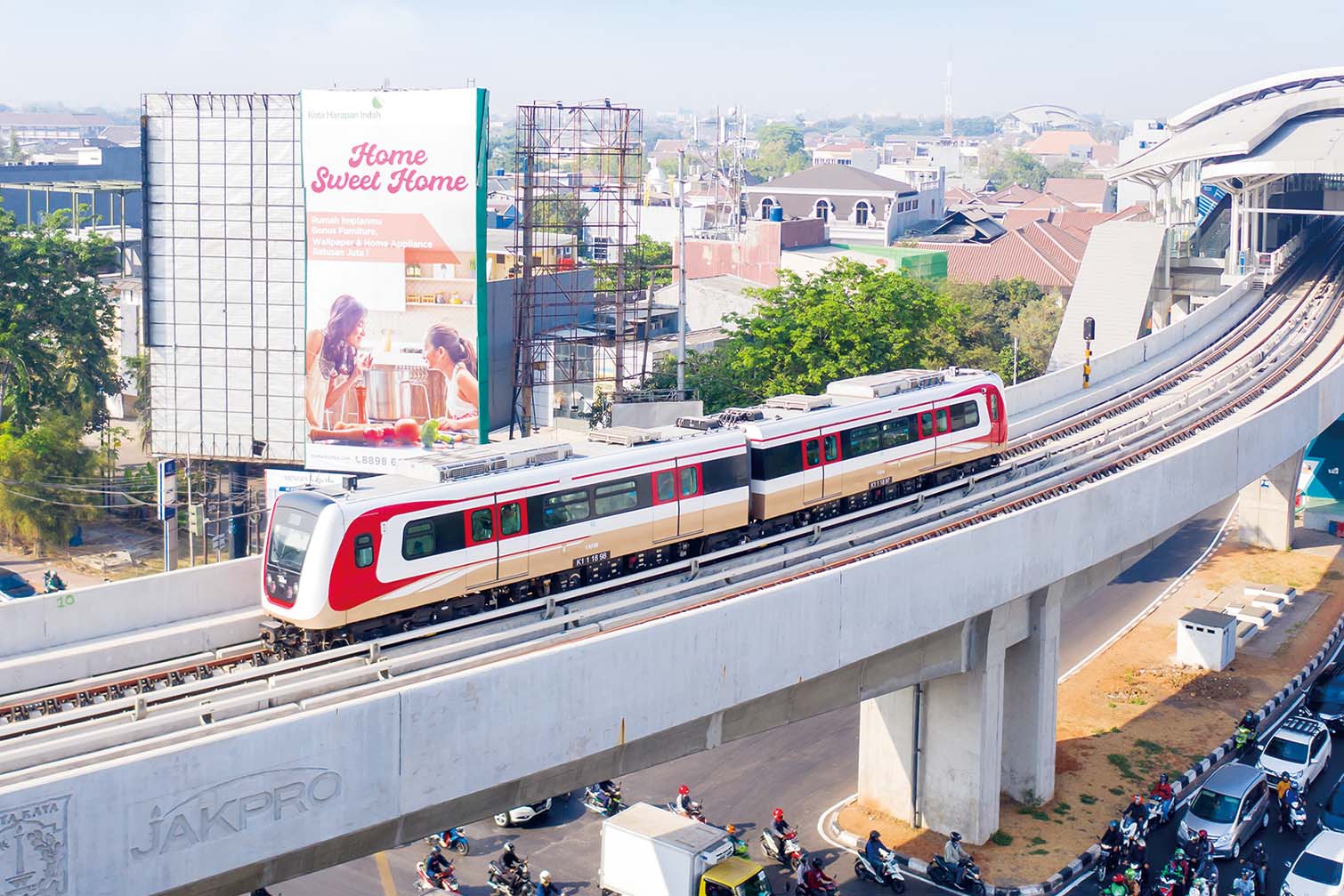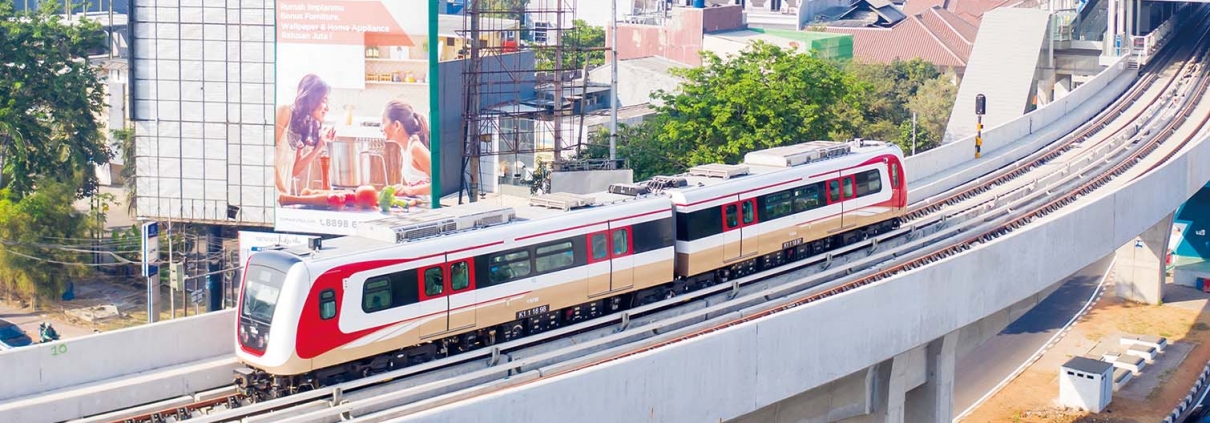MiTAC helps build MRT Jakarta AFC System

Indonesia’s capital has inaugurated its first mass rapid transit system Jakarta MRT in March, 2019. The project was funded through a loan from the Japan International Cooperation Agency (JICA) since 2013. President Joko Widodo commented that “Today marks the beginning of a new era”.
Muhamad Kamaluddin, an official from the Jakarta MRT, said that many countries participated in the construction of the MRT system. He said many of the projects were managed by Japanese and Indonesian contractors, but Taiwanese manufacturers also participated. (Cited from CAN NEWS). MiTAC has also obtained a subcontract from a Japanese company to establish the AFC system.
Phase 1 connects Bundaran HI to Lebak Bulus along 15.7 kilometers distance which is covered under 30 minutes, and consists of 13 stations (7 elevated stations and 6 underground stations). MRT Jakarta expects to handle up to 130,000 passengers a day. On the inauguration day, President Joko Widodo also instigated the construction of the MRT Phase 2 expected to be completed by 2024. The booming MRT plans could make Jakarta free from traffic jams.
Since 1989 when expanding into Automatic Fare Collection (AFC) market, MiTAC has participated in many national-level transportation projects in Taiwan such as AFC system at Taipei Metro, Taiwan High Speed Rail, Bus and Highway. “Take Taipei Metro for example” MiTAC’s Vice President, Kent Chen said “The Average daily ridership exceeded 2,000,000 trips. During New Year EVE, the ridership even reached 3,000,000 trips in one single day. There’s a variety of ticket/card types available for different kinds of passengers (students and elderlies, for instance). These contactless smartcards used across different public transportation system like metro, the city bike, buses, train, etc. All these services won’t happen if the system developer lacks capability for big data and system integration. For MiTAC has keep offering the same high quality of technical service, MiTAC was qualified as “Specialized Contractor” by The Department of Rapid Transit Systems (DORTS) of Taipei City government in 2008. Starting from 2011, MiTAC expanded overseas helping establish AFC system for Chennai Metro, Fuzhou Metro Line1, and Hong Kong Airport Express Line. Keep moving forward, MiTAC cooperated with Japanese companies in 2016 on developing AFC system in Southeast countries such as Thailand, Vietnam. MiTAC has accumulated 30 years of experience, keep improving specialized devices such as Ticket Vending Machine (TVM), Gate, Enquiry Machine (EQM) and taking multi-integration and user-experience approach in software design.
In the Jakarta MRT Project, MiTAC’s Team has cooperated with Japanese companies, help establishing AFC system including Central Computer, 13 Station Computers, TVM, EQM and Ticket Office Machines (TOM). MiTAC’s AFC Overseas Business Director, Ricky Chung mentioned “Working with Japanese companies, we were astonished at how they keep serious attitude toward work and emphasize attention on detail, precision, and SOP. Indeed it has also influenced our team and make us more self-demanding and focus on responsibility. MiTAC’s Jakarta MRT Project Manager, Emily Lee pointed that the language is a barrier but professionalism is not. Without translators, we still can communicate with each other in a professional way”
Jakarta MRT has keeping update on social media. Within 2 weeks of the trial, ridership has already been way beyond expectation. The Indonesian Government hopes that commuters who use public transportation could reach to 60% by 2029.
In recent year, cities in Southeast Asia have developed rapidly, and the needs of transportation infrastructure is growing. MiTAC has already attained global-level competitiveness in AFC system, and electricity, communication, operation control, environment control systems as well. MiTAC has also develop Edge Computing Gateway solution for smart transportation. MiTAC’s Vice President, Kent Chen said, MiTAC will continue to cooperate with other international companies, providing technical support to help Southeast Asian cities build transportation infrastructure and bring convenience and enjoy the high-quality transportation services as Taiwanese.




